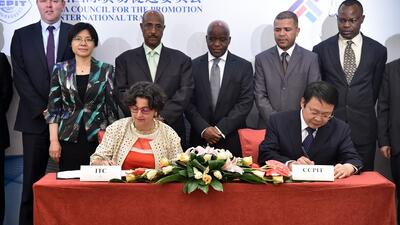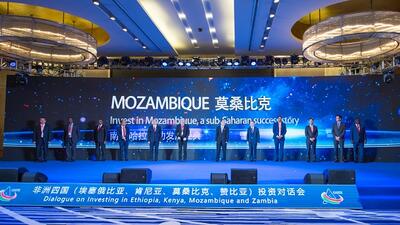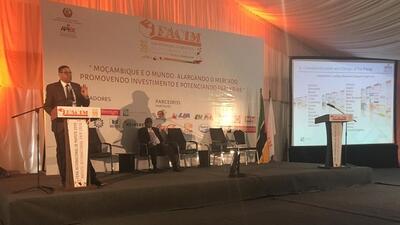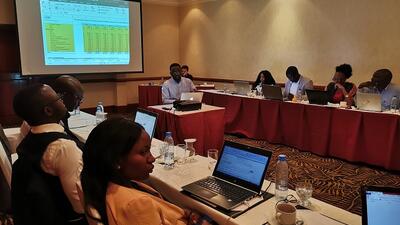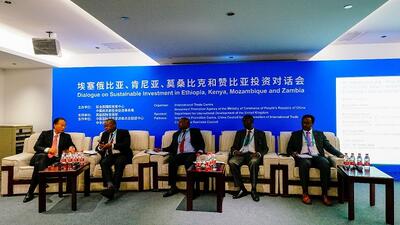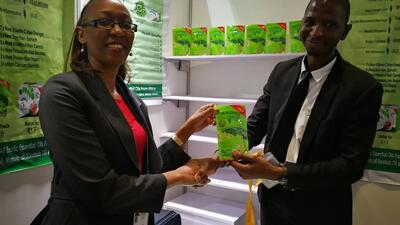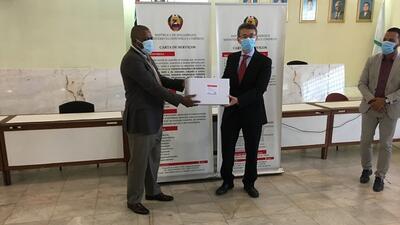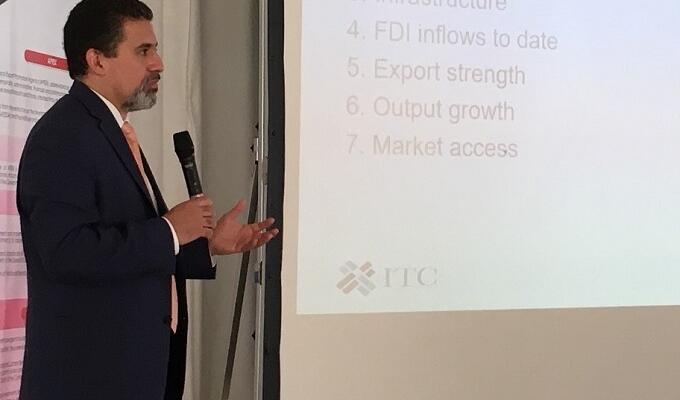
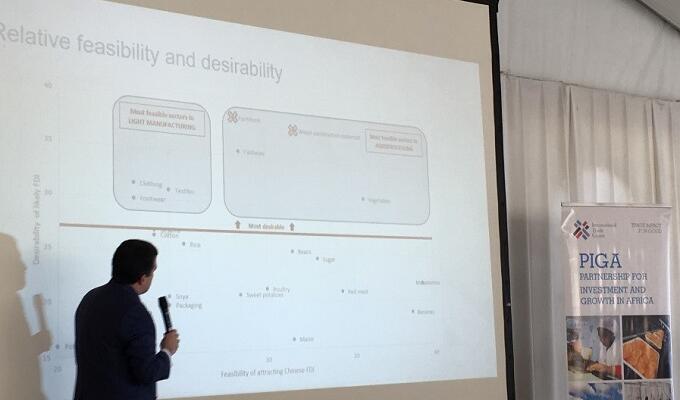
Mozambique works on a strategy to boost Chinese direct investment
Mozambique’s agroprocessing and light manufacturing sectors are ripe for investment. So the south-east African nation’s investment promotion agency is devising a plan to attract investors from China.
The Mozambique investment promotion agency, the Agency for Promotion of Investment and Exports (APIEX), the International Trade Centre (ITC), and public and private stakeholders have set a strategy for attracting Chinese direct investment into the south-east African nation’s agroprocessing and light manufacturing sectors.
During the last decade, Mozambique’s leading source countries for foreign direct investment (FDI) inflows have shifted from Portugal and South Africa to China, which has nearly all been in the non-productive sectors of transportation infrastructure and real estate.
Simultaneously, rising wages, growing import demand and new policy support from the Government of China is set to encourage unprecedented volumes of productive FDI to the ‘Go Out’ policy, China’s strategy to encourage its enterprises to invest internationally. The Mozambican Government has resolved to attract a transformative share of this investment.
Investor-targeting strategy
APIEX’s strategy, developed under ITC’s Partnership for Investment and Growth in Africa (PIGA) programme, will provide Mozambique with a multi-year roadmap for targeting new investors, nurturing existing ones and working with investment climate stakeholders to achieve industry-stimulating reforms in four subsectors: garment manufacturing, textile manufacturing, cashew processing and fruit processing.
Participants in the strategy setting process include sector-focused public officials, the Mozambican private sector and representatives of the Chinese Government and business communities. The strategy, due in summer 2019, is expected to generate actual investments and measurable economic impact based on APIEX’s persistent, proactive creation and conversion of supporting policies.
‘We have worked with many institutions, but here we have the feeling that you are really addressing our concerns and you understand us,’ Denise, an APIEX official, told ITC-PIGA representatives. ‘We hope that the strategy will provide clear guidance. PIGA can work with us and we have energy to work.’
The workshop was organized under the auspices of the Partnership for Investment and Growth in Africa (PIGA) project, funded by the United Kingdom’s Department for International Development (DFID) and implemented in partnership with the China-Africa Development Fund (CADFund) and the China Council for the Promotion of International Trade (CCPIT).




